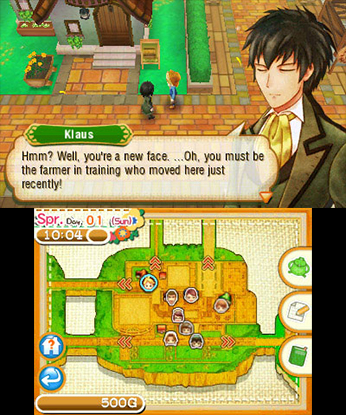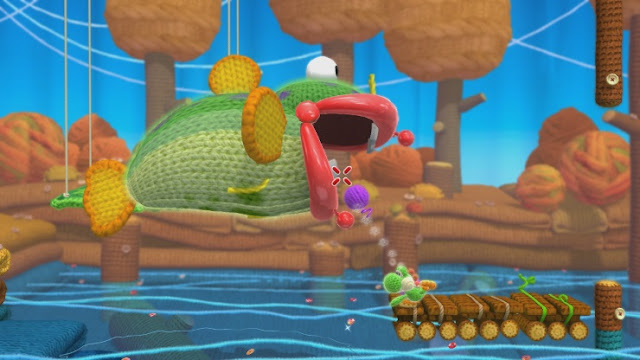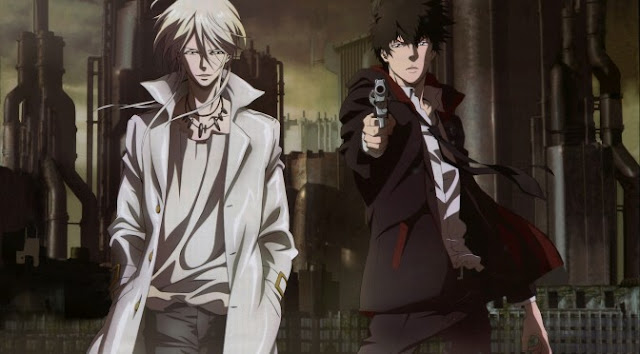List by Clark A.
It’s hard to believe, but we’re at the end of a decade this month, and it should go without saying that a lot has happened in video games over that last ten years. Just think: at the start of the decade people were playing Nintendo Wii, PlayStation 3, Xbox 360, PSP and Nintendo DS. There’s been two new generations of consoles in that time, and one new Sony and Microsoft device. In addition, in that time VR made a comeback, and streaming games has just started to get steam. DDNet started as a humble little blog right at the end of 2010, and it’s been fascinating to watch the site evolve and change as the industry.
To celebrate this huge transition, from one decade to the next, we’ve decided to get the team to share their most noteworthy games of the decade – the games that they found most memorable, or had the biggest impact on them. We’ll publish these at a rate of one per day, and first up is Clark!
For my list, I wanted to represent the decade from start to finish. To ensure that, I personally imposed a “one game per calendar year” rule and banned all re-releases/remakes/remasters. I’ve had to take liberties with release dates across various regions, but each game on this list released somewhere that year. My choices here are often swayed by intangible factors like nostalgia and aren’t necessarily indicative of what I believe gaming should strive for. Maybe a game was the best in a series I’ve loved for decades or perhaps it stood out amongst the crowd. Here are some of the most memorable experiences this decade doled out for me.
– Clark A.
Contributor

















